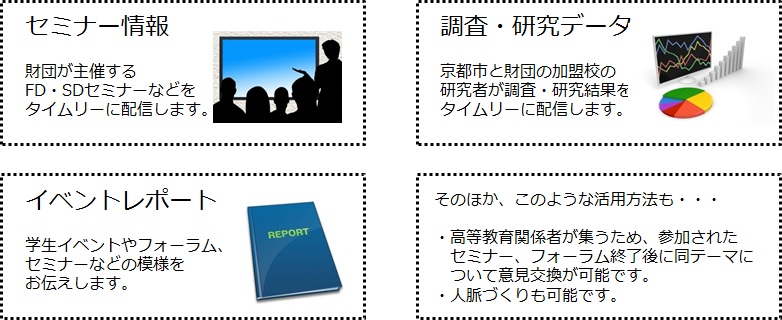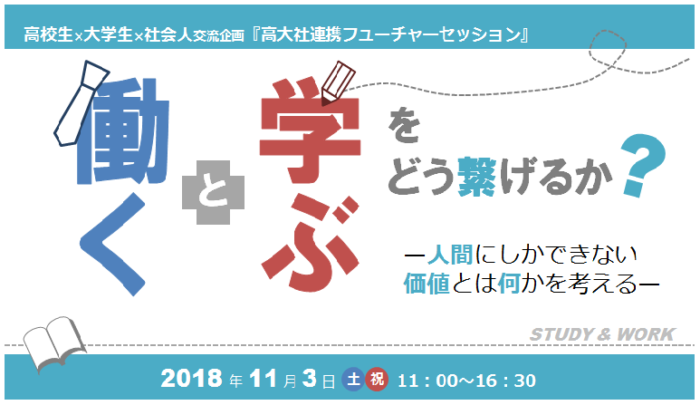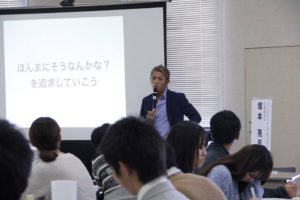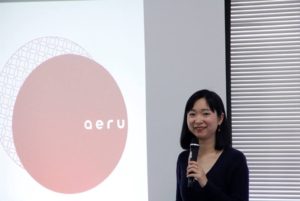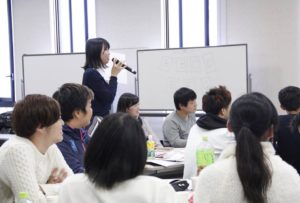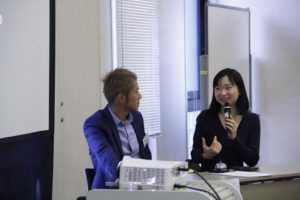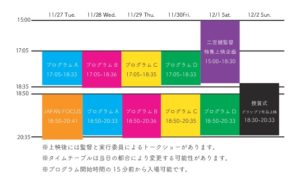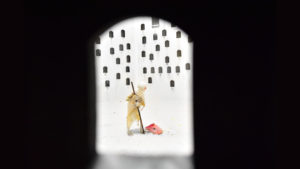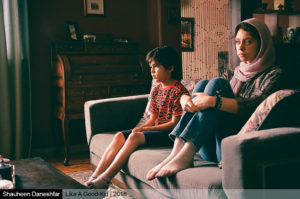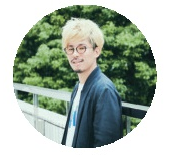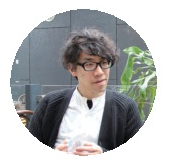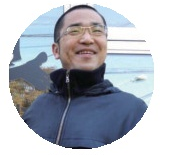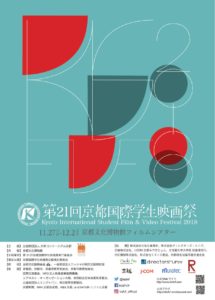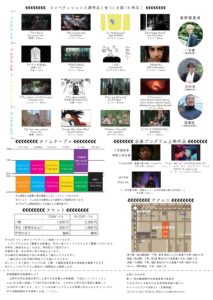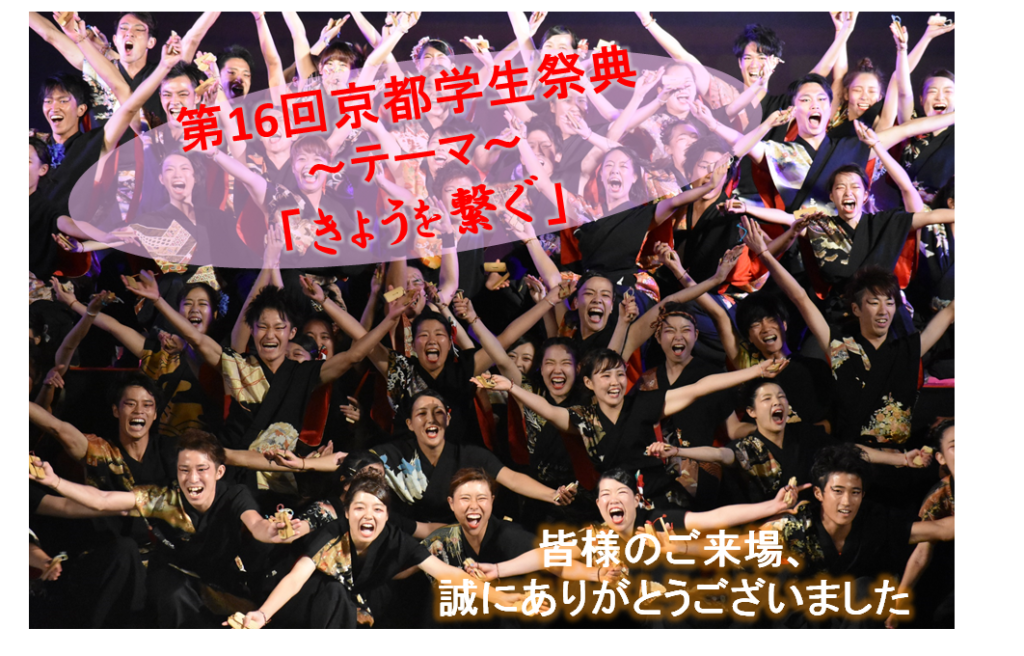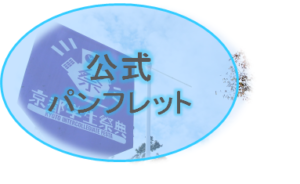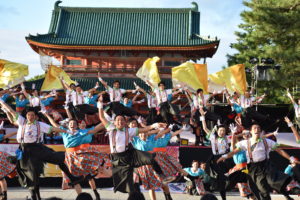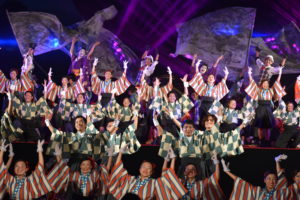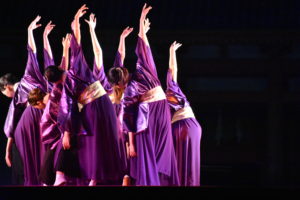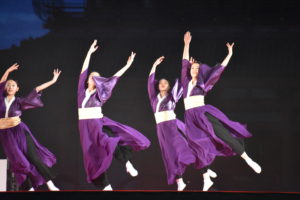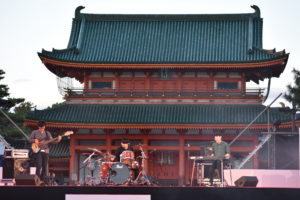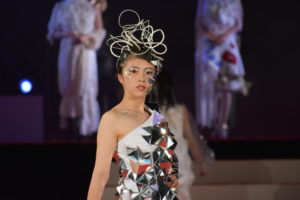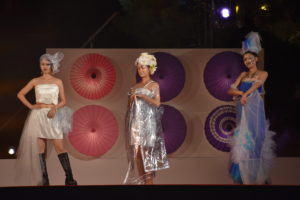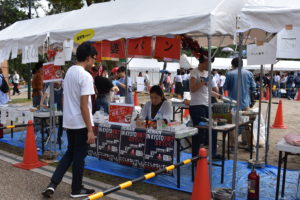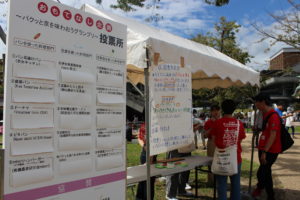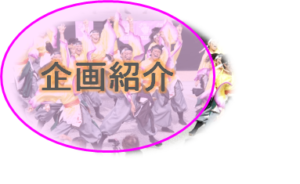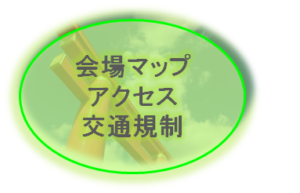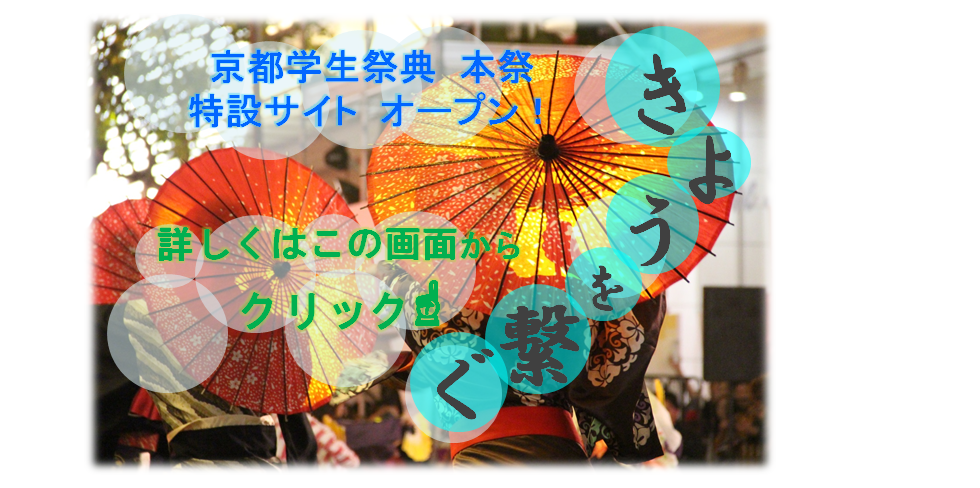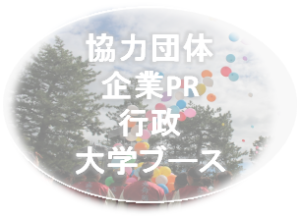In the “Internship Progress Course” of the University Consortium Kyoto, trainees worked on projects presented by host companies from mid-June to late November. At the debriefing session held on Saturday, November 10, the results of each of the five projects were reported. Some presentations were made with videos and other formats, and students who participated in other projects were able to share their experiences. After about five months of activities, the participants were able to see the importance of collaborating with their peers and the difficulty of achieving their goals.
At the completion ceremony after the results debriefing session, the coordinator faculty members handed out a certificate of completion for each project, and the 2018 Internship Progress Course came to an end.
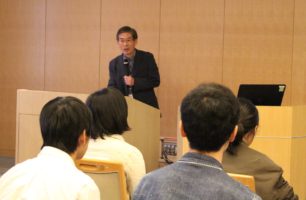
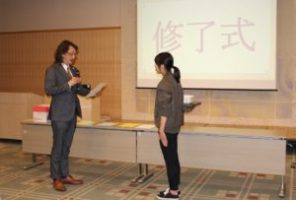
| Date & Time |
Saturday, November 10, 2018 10:40~17:50 |
| Venue |
Campus Plaza Kyoto 2nd Floor Hall
|
Number of companies and organizations participating in the project
(In order of presentation of the results report) |
5Companies and Organizations
Wine Grocery Co., Ltd. / Shimogyo Ward Office, Kyoto City / Insight House Co., Ltd. / Sports Communication Kyoto Co., Ltd. (Kyoto Hannary’s) / Kyoto Prefectural Board of Education
|
| Number of students |
18 students from 8 universities
(Kyoto Prefectural University, Otani University, Kyoto Women’s University, Doshisha University, Ritsumeikan University, Ryukoku University, Kansai University, Shitennoji University)
|
| Number of Coordinator Teachers |
6
(Ryukoku University, Kyoto Seika University, Fukuchiyama Public University, Kyoto Institute of Technology, Kyoto Koka Women’s University, Kyoto Koka Women’s University Junior College, Kyoto Gakuen University)
|
Wine Grocery
Co., Ltd. ~Wine seminar planning and holding project for students~
This is a project to plan and execute wine seminars for students while learning about wine through work at a wine shop. In preparation for the seminar, there were presentations on the difficulties in attracting customers, the state of the seminar on the day of the seminar, and the results of the questionnaire conducted at the seminar. They seemed to realize that wine is not just alcohol, but also a historical and cultural background and a communication tool.
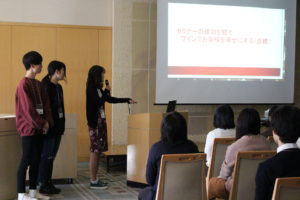
Shimogyo Ward Office
, Kyoto City ~Shimogyo Ward Attraction Transmission Project~
In order to convey the charm of Shimogyo Ward so that many people can feel that it is a city where they want to live and continue to live, there was an announcement about disseminating information using SNS (Twitter), which has a great influence on young people and many people. He also cited areas for improvement in terms of popular content, the influence of people who retweet it, and links and hashtags to increase the ability to disseminate information more broadly.
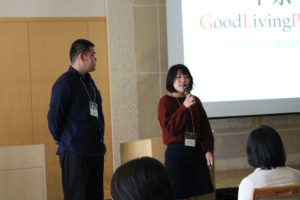
Insight House
Co., Ltd. ~Yamashina Mr./Ms. Project~
He announced that the activities that he started to convey the charm of Yamashina Ward, Kyoto City, were able to feel the livability of the Yamashina area and the warmth of the people who live there through interviews and communication with local residents. There was an introduction to free papers and videos created as a result of the activities.
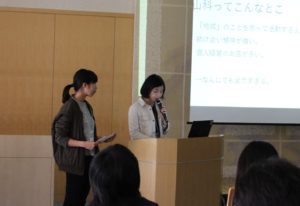
Sports Communication KYOTO Co., Ltd. (Kyoto Hannary’s)
~Kyoto Hannary’s Customer Attraction Up Project~
As a project to experience the world of sports business, in order to increase the number of LINE registrations to attract more customers to the professional basketball team “Kyoto Hannaryz”, they announced activities divided into teams, such as how to publicize and plan member benefits.
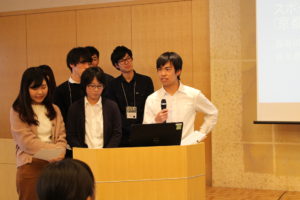
Kyoto Prefectural Board of Education
~Teacher Training Support Seminar~
Uji City Kando Elementary School
Higashi-Uji Junior High School
Joyo Junior High School
The four students who completed the internship presented their internship at the school, their activities, and what they felt, noticed, and failed to do by actually interacting with students at the school, and reaffirmed what it takes to become a teacher. This year, there was a presentation on the common theme of “scolding” and a discussion of child development.
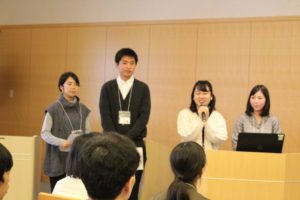
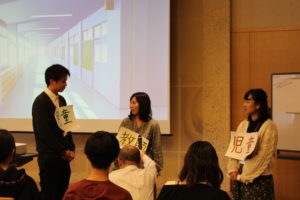
get-together
After the debriefing session, a social gathering was held. Three trainees served as moderators, and the participants had a great time with games such as self-introduction bingo and sudden interviews. After the activity, it was a social gathering where I was able to interact frankly with the trainees and coordinators.
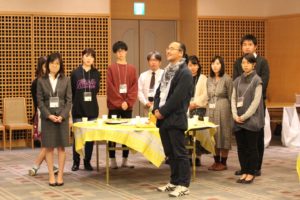
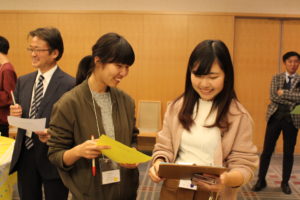
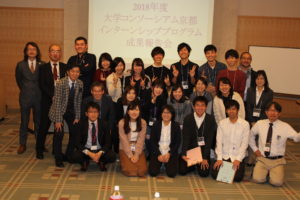 Inquiries
Inquiries
University Consortium Kyoto Internship Project Promotion Office
TEL 075-353-9106 FAX 075-353-9101
〒600-8216 Shimogyo-ku, Kyoto-shi, Nishitoin-dori, Shiokoji, Shimo-ku, Kyoto, Campus Plaza Kyoto
* Reception hours: Tuesday ~ Saturday 9:00 ~ 17:00 (excluding year-end and New Year holidays)
![]() Facebook page to sign up and receive the latest information about the University Consortium Kyoto in your news feed.
Facebook page to sign up and receive the latest information about the University Consortium Kyoto in your news feed. ![]() Please press the button and make use of it.
Please press the button and make use of it.
